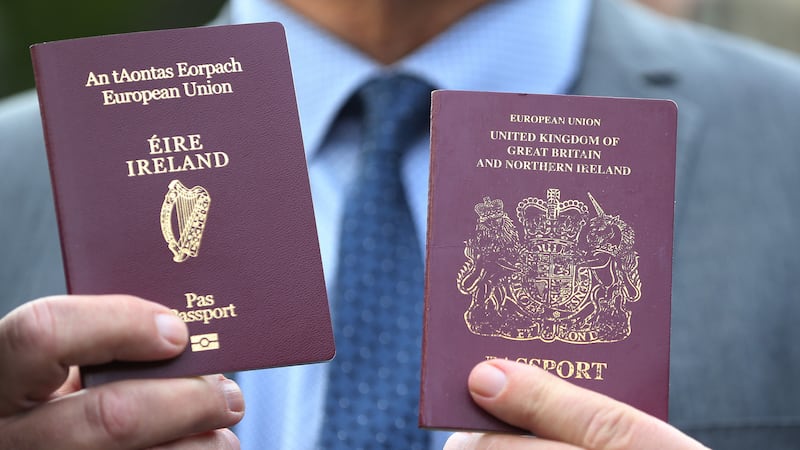COMPANIES receiving money under the botched Renewable Heat Incentive scheme can now be publicly named by a Stormont department, a judge has ruled.
Mr Justice Deeny held that there is an overriding public interest in economy minister Simon Hamilton releasing the details of corporate bodies signed up to the green energy initiative.
But he banned Mr Hamilton, whose tenure in office ends when polls close at 10pm on Thursday, from disclosing the names of individuals claiming under the scheme until any objections they have to being identified are properly considered.
It was also revealed that one company with seven boilers has received more than £300,000 since July 2015.
More than 500 non-domestic RHI claimants had taken legal action in a bid to stop disclosure of their details.
Members of the Renewable Heat Association of Northern Ireland claimed the move breaches privacy and data protection laws.
Disclosure would also create a media "feeding frenzy" and lead to a "witch hunt" of people who have done nothing wrong, they argued.
However, Mr Justice Deeny found that the minister was not bound by any legal contract and could take the unilateral step of releasing details.
He also decided publication was justified under the stated aims of ensuring transparency about all beneficiaries.
"It seems clear that the economic well-being of the country is being damaged by excessive payments well beyond that contemplated by the European Union being made because of the way the scheme was operated in Northern Ireland," he said.
The judge stressed that the planned disclosure was about recipients of grant aid.
Backing freedom of expression over privacy rights, he said: "It is not that one suffers from a disease or one's marriage is in difficulties or one is carrying on an illicit relationship of a sexual kind.
"It is not disclosure of some piece of criminal folly from one's youth."
RHI was intended to encourage businesses to move from using fossil fuels to renewable heating systems but was dubbed 'cash for ash' after it emerged users could legitimately earn more money by burning more fuel.
With the overspend potentially running to £490m over 20 years, a public inquiry is to be chaired by retired appeal court judge Sir Patrick Coghlin.
Mr Hamilton was set to publish the names of RHI operators last month, but his plans were put on hold after the association launched judicial review proceedings.
A lawyer for the group claimed they were being used as a political football and the minister wanted to release the list to embarrass others and divert attention from any ministerial and departmental responsibility.
Amid suggestions that DUP "cronies" benefited from the scheme, he contended that the intention was to have everybody else "tarred with the same brush".
But the judge rejected his assessment of Mr Hamilton's motives when he referred in the assembly to supporters of other parties being revealed as RHI recipients.
"That does not permit the court to draw a conclusion that the minister was acting in bad faith or that he he did not desire transparency," he said.
Lawyers representing the department had argued that releasing details of those on the scheme was necessary due to its "seismic" impact on Nothern Ireland's political arrangements.
Mr Justice Deeny agreed with their assessment of the potential fall-out.
"The respondent has established the test of reasonable necessity with ease," he said.
"This matter is one of acute public interest."
The judge noted a wide range of benefits among those on the scheme.
One well-known company with seven 99-kilowatt capacity boilers attracting the higher rate of subsidy has received £302,000 since July 2015.
Another firm has 10 of the 99kw boilers all at one postal code area.
"There may be reasons why some operators are content to have a large capacity boiler which then attracts a quite modest subsidy whereas others choose to have multiple 99kw boilers, but this can be explained to any enquiring journalist or member of the public," Mr Justice Deeny said.
Acknowledging submissions that "shining a light" on the scheme will ensure high standards, he said there was "an overriding public interest for achieving transparency".
However, the judge held that the department had failed to properly consider any objections from individual recipients who felt disclosing their details was unwarranted.
He ordered that a proper process complying with the Data Protection Act must be carried out before these people can be named.








